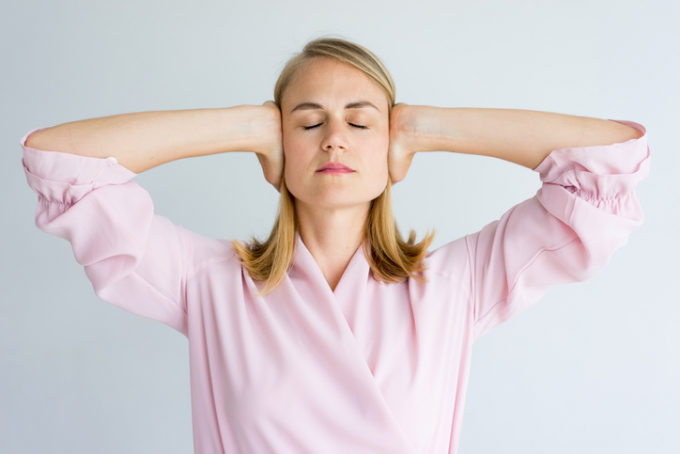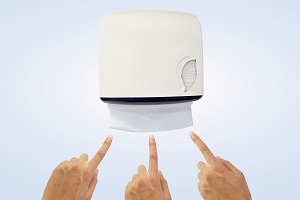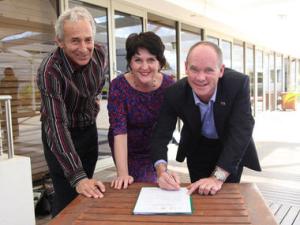
Motels: understanding return on investment
What determines the market’s willingness to pay a particular price for a motel?
The return on investment (ROI) that the market requires to invest in a particular asset, such as a motel, is a decision based on a number of factors. The combination of these factors decides the resultant ROI.
The question of what ROI is expected by the market is very common as it determines a value. The answer is not a blanket one and requires research on the individual business and property to determine the correct answer. “What return on investment is expected for this motel business given all the facts available?”
Every motel sells on a different ROI, depending on the many factors that the market deems necessary to consider in its assessment of an individual motel business. Ultimately, it is the person handing over the cheque at the settlement of a contract of sale that determines this. In short, a willing buyer and willing seller on a particular given day will determine the ROI. Factors to consider in determining the ROI include:
Investment alternatives
What other opportunities are available that an investor will consider in determining where to invest their funds? Is there a better opportunity elsewhere? What is the risk versus return for each asset being considered? High risk expects a high return and equally low risk expects a low return.
Location/position
The ROI will be lower for a motel that is situated in a more desirable position. As an example, a motel located on the beachfront, riverfront, or CBD will achieve a higher price and therefore lower ROI than another due to the higher land value or desire to be in that particular position. The same goes for a motel situated on a highway rather than one in a low traffic area due to the level of passing traffic being seen as potential guests. Demand for motels has historically been higher for larger coastal centres. This may have been due to uncertainty within the economy, prompting buyers to look to what they perceive as larger and economically safer locations, better infrastructure and services offered such as schooling. The level of traffic flow and/or proximity to landmarks/services, etc., that will attract potential guests is of most importance to the market. Lower risk, lower the accepted ROI.
Standard of property
The market is very critical of motels and units deemed to be in a poor state of repair or presentation. The market is prepared to pay a premium for very high quality motel properties. Properties that present poorly and require much upgrading struggle to remain competitive and the ROI expected in the market will be substantially higher.
Age of the buildings
If the motel is of an older age, it may still present very well via refurbishments, so this factor will be nullified somewhat. If it is an older property where no money has been spent to maintain it recently, the market will factor that heavily into the ROI required.
Accountant’s profit and loss statements
The profitability of the business has a direct correlation to the price an investor is prepared to pay to acquire the asset. The importance of this factor never diminishes. Further to this, the comfort level to buy a motel business starts and ends with the reliability of these financial statements. Obviously, this is a very important factor to the market and any query, concern or hesitation by the market on the reliability of financial statements can result in the ROI expected on a particular business being higher.
Income source
Is the motel’s income predominantly from accommodation, food, beverage, tour income, etc.? This also relies on what type of clientele the particular motel has, as listed below. Where does the majority of the clientele come from, direct bookings, OTAs or elsewhere?
Clientele
Is the motel’s clientele corporate, reps, contractors, tourists, transient travellers or a combination? This also depends on its location; if a motel is on the beachfront, it will probably cater more for tourists or longer stayers, whereas a motel with a highway position will probably cater more to reps or transient travellers. The facilities available onsite will also determine what type of clientele the business attracts.
Lifestyle
This includes the lifestyle requirements of the buyer. Does a particular motel suit the lifestyle that the buyer is looking for? If so, a lower return may be acceptable to gain such a lifestyle. The position of where an investor wants to live, such as waterfront, CBD or rural setting is part of the lifestyle choice and decision to accept a ROI.
Potential
A common statement is that “no-one pays for potential” but very few buy unless they can see potential. Therefore, it may not necessarily reduce the ROI, but it will assist in achieving it within a shorter marketing timeframe.
Andrew Morgan is a Specialist Resort & Motel Broker & Partner at Queensland Tourism & Hospitality Brokers & he writes the monthly Motel Market column for Resort News






